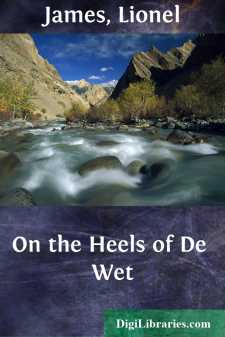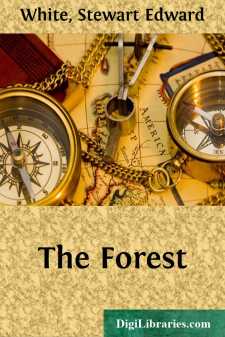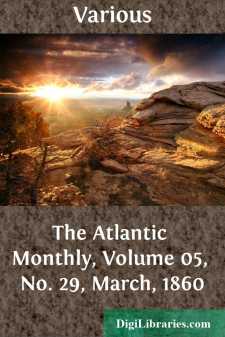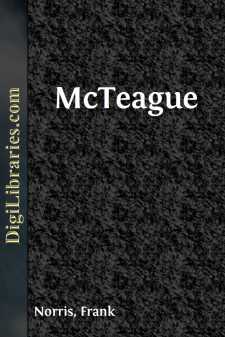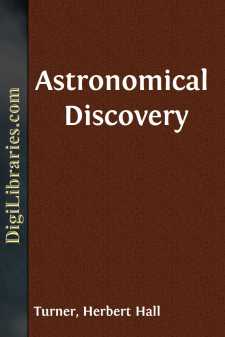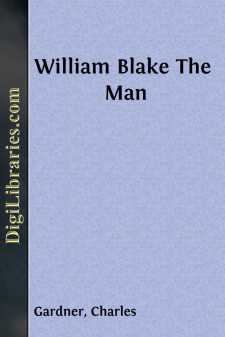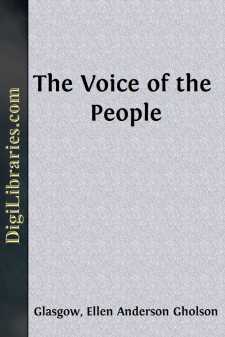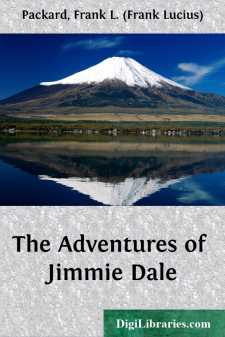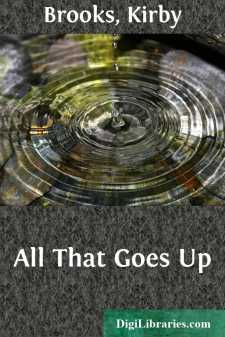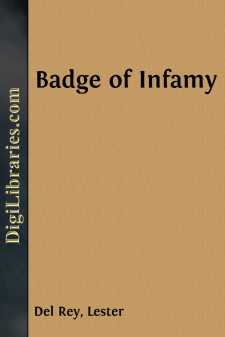Categories
- Antiques & Collectibles 13
- Architecture 36
- Art 48
- Bibles 22
- Biography & Autobiography 813
- Body, Mind & Spirit 142
- Business & Economics 28
- Children's Books 17
- Children's Fiction 14
- Computers 4
- Cooking 94
- Crafts & Hobbies 4
- Drama 346
- Education 46
- Family & Relationships 57
- Fiction 11829
- Games 19
- Gardening 17
- Health & Fitness 34
- History 1377
- House & Home 1
- Humor 147
- Juvenile Fiction 1873
- Juvenile Nonfiction 202
- Language Arts & Disciplines 88
- Law 16
- Literary Collections 686
- Literary Criticism 179
- Mathematics 13
- Medical 41
- Music 40
- Nature 179
- Non-Classifiable 1768
- Performing Arts 7
- Periodicals 1453
- Philosophy 64
- Photography 2
- Poetry 896
- Political Science 203
- Psychology 42
- Reference 154
- Religion 513
- Science 126
- Self-Help 84
- Social Science 81
- Sports & Recreation 34
- Study Aids 3
- Technology & Engineering 59
- Transportation 23
- Travel 463
- True Crime 29
Sort by:
by:
Lionel James
THE BIRTH OF THE BRIGADE. "De Aar," and the Africander guard flung himself out of his brake-van. De Aar! After forty-eight hours of semi-starvation in a brake-van, the name of the junction, in spite of the ill-natured tones which gave voice to it, sounded sweeter than the chimes of bells. It meant relief from confinement in a few square feet of board; relief from a semi-putrid atmosphere—oil,...
more...
THE CALLING. "The Red Gods make their medicine again." Some time in February, when the snow and sleet have shut out from the wearied mind even the memory of spring, the man of the woods generally receives his first inspiration. He may catch it from some companion's chance remark, a glance at the map, a vague recollection of a dim past conversation, or it may flash on him from the mere...
more...
by:
Various
THE FRENCH CHARACTER. The American character is now generally acknowledged to be the most cosmopolitan of modern times; and a native of this country, all things being equal, is likely to form a less prescriptive idea of other nations than the inhabitants of countries whose neighborhood and history unite to bequeathe and perpetuate certain fixed notions. Before the frequent intercourse now existing...
more...
by:
Frank Norris
CHAPTER 1 It was Sunday, and, according to his custom on that day, McTeague took his dinner at two in the afternoon at the car conductors' coffee-joint on Polk Street. He had a thick gray soup; heavy, underdone meat, very hot, on a cold plate; two kinds of vegetables; and a sort of suet pudding, full of strong butter and sugar. On his way back to his office, one block above, he stopped at Joe...
more...
CHAPTER I URANUS AND EROSPopular view of discovery.Discovery is expected from an astronomer. The lay mind scarcely thinks of a naturalist nowadays discovering new animals, or of a chemist as finding new elements save on rare occasions; but it does think of the astronomer as making discoveries. The popular imagination pictures him spending the whole night in watching the skies from a high tower through...
more...
by:
Charles Gardner
CHAPTER I CHILDHOOD AND APPRENTICESHIP William Blake was born on November 28th, 1757, at 28 Broad Street, Carnaby Market, Golden Square. To-day a large house stands in Broad Street numbered 28, to which is attached a blue disk announcing that William Blake, Poet and Artist, was born there. The house looks old and shabby, and may well have stood a hundred years; but on inquiry one finds that it is a...
more...
BOOK I FAIR WEATHER AT KINGSBOROUGH I The last day of Circuit Court was over at Kingsborough. The jury had vanished from the semicircle of straight-backed chairs in the old court-house, the clerk had laid aside his pen along with his air of listless attention, and the judge was making his way through the straggling spectators to the sunken stone steps of the platform outside. As the crowd in the...
more...
CHAPTER I THE GRAY SEAL Among New York's fashionable and ultra-exclusive clubs, the St. James stood an acknowledged leader—more men, perhaps, cast an envious eye at its portals, of modest and unassuming taste, as they passed by on Fifth Avenue, than they did at any other club upon the long list that the city boasts. True, there were more expensive clubs upon whose membership roll scintillated...
more...
by:
Kirby Brooks
At fifty, a man should be too old to go around flying off the handle, or wandering around on the ceiling. But what could a man do when he had a son who insisted on being a genius? For a man my age, the middle 50's, life has a number of compensations. There're children—we have two; there's a good wife, and I'm certainly blessed in that respect with Mary; and there's the joy of...
more...
by:
Lester del Rey
Pariah The air of the city's cheapest flophouse was thick with the smells of harsh antiseptic and unwashed bodies. The early Christmas snowstorm had driven in every bum who could steal or beg the price of admission, and the long rows of cots were filled with fully clothed figures. Those who could afford the extra dime were huddled under thin, grimy blankets. The pariah who had been Dr. Daniel...
more...


